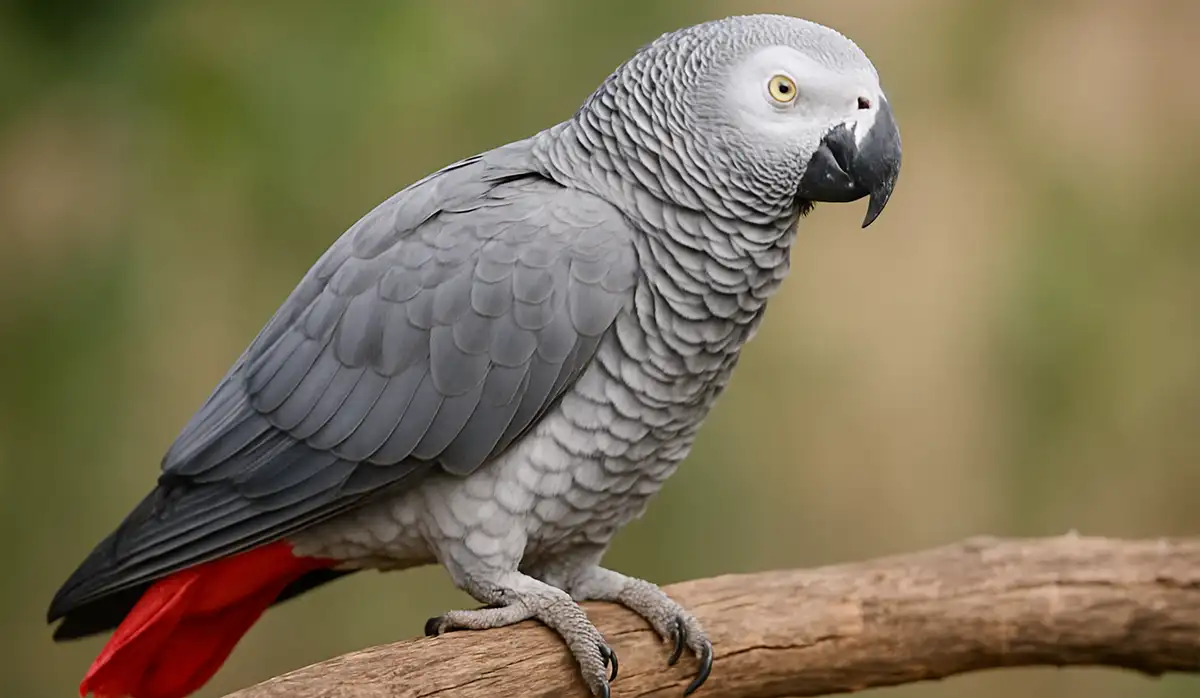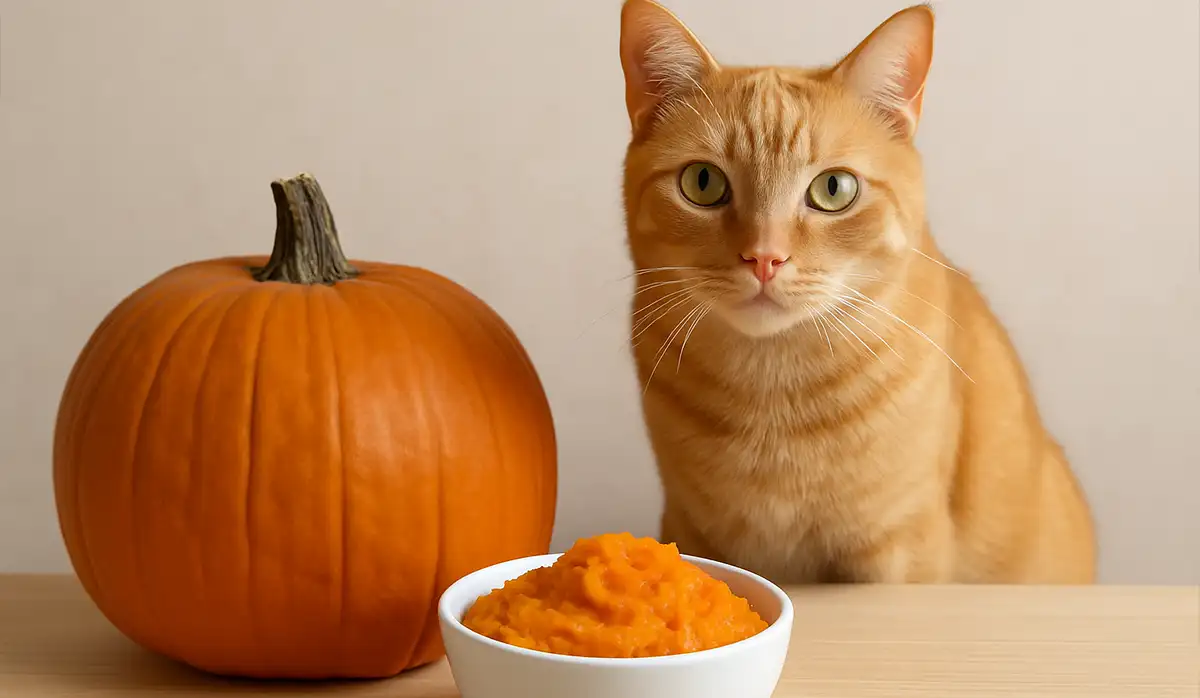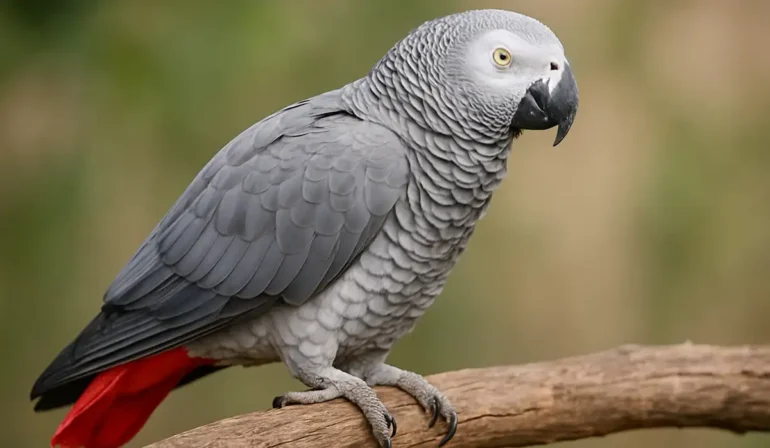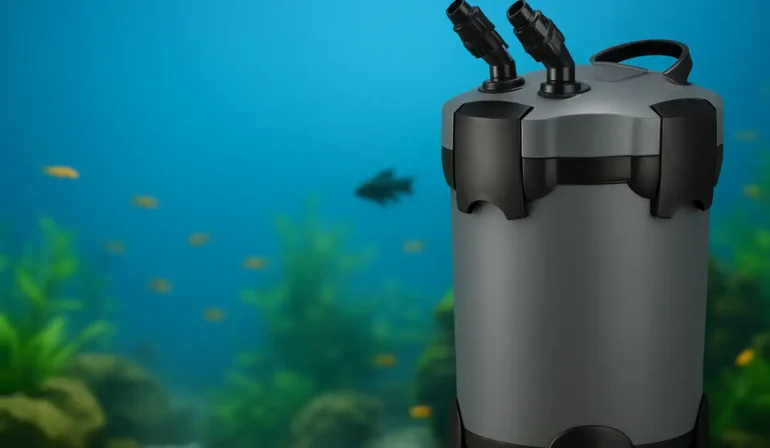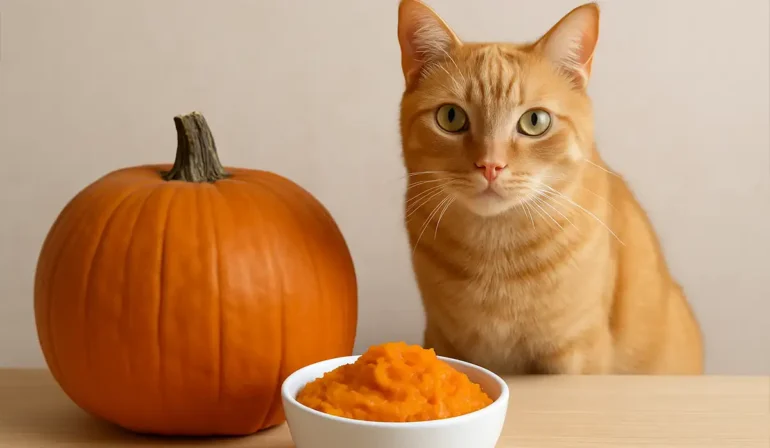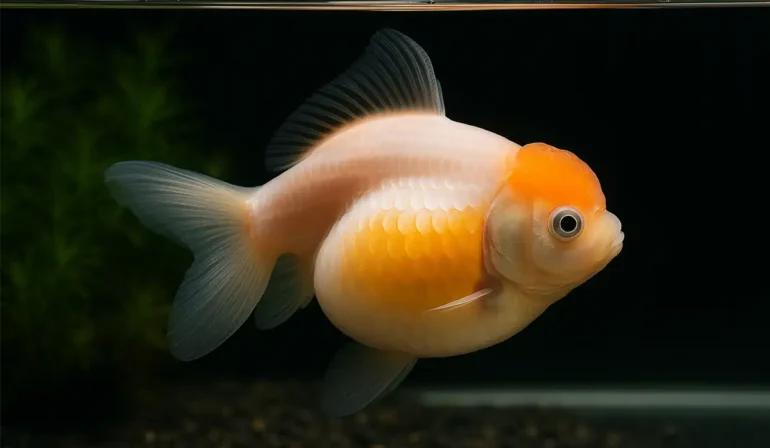Can Horses Vomit? The Shocking Truth You Need to Know
By Pet Luvz on May 3, 2025

Table of Contents
Introduction
Ever wondered, “Can horses vomit?” It might sound like a weird question, but it’s one that can literally mean life or death for these majestic animals. Unlike us humans or even your pet dog, horses physically cannot vomit. Yep, you heard that right. And there’s a good reason behind it — one rooted in evolution, anatomy, and survival.
In this article, we’ll dive deep (but in an easy-to-understand way) into the fascinating world of horse digestion and explain why vomiting just isn’t on the menu for these creatures.
For more pet care tips, visit PetLuvz.
The Anatomy of a Horse’s Digestive System
Overview of the Equine Digestive Tract
Their digestive system is long and complex, stretching over 100 feet in total length. Learn more at University of Minnesota Extension.
The Uniqueness of the Equine Stomach
This means horses are designed to graze continuously rather than eat large meals at once.
The Role of the Esophagus in Horses
In horses, it functions strictly as a one-way street. Horse & Hound explains more.
Why Horses Physically Cannot Vomit
The Powerful Lower Esophageal Sphincter
In horses, this muscle is extremely strong — even stronger than in humans.
One-Way Valve Design
The horse’s esophageal valve acts like a tight one-way valve that shuts the door to the stomach. This prevents vomiting, no matter how upset the stomach is.
Weak Stomach Muscle Contractions
Unlike animals that vomit, horses don’t have strong stomach muscles that contract to force food back up. Nature just didn’t build them that way.
Evolutionary Perspective
Why Evolution Favors Non-Vomiting in Horses
Horses evolved as prey animals. Their survival depended on their ability to run fast, not pause mid-sprint to vomit. Vomiting could lead to aspiration or choking — both dangerous when you’re running for your life.
Comparison with Ruminants and Other Animals
Unlike ruminants like cows who regurgitate cud, horses rely on their hindgut to ferment food. Their digestive strategy is built around efficiency and speed, not flexibility. More on this at Merck Veterinary Manual.
What Happens When a Horse Tries to Vomit?
Risks of Choking
Sometimes a horse might appear to “vomit,” but what you’re seeing is regurgitated food stuck in the esophagus, not coming from the stomach.
Gastric Rupture Explained
If pressure builds up too much, the stomach can literally burst, a condition known as gastric rupture — often fatal and horrifyingly painful. Details at The Horse.
Health Implications of Not Being Able to Vomit
Colic – The #1 Threat
Since they can’t vomit, trapped gas, impaction, or twisted intestines can’t relieve themselves naturally. See AAEP’s colic guidelines.
Gastric Ulcers
Continuous acid production with no vomiting can lead to ulcers, especially in performance horses under stress. Read more from Kentucky Equine Research.
Toxin Accumulation
If a horse eats something toxic, it can’t just throw it up like a dog. Instead, it goes into their bloodstream, causing systemic issues.
How Horses Expel Toxins Without Vomiting
Through Feces
The body works overtime to push harmful substances through the intestinal tract.
Excessive Salivation
Drooling can help neutralize toxins before they’re swallowed — not much, but it’s something.
Sweating and Other Physiological Responses
Sometimes, you’ll see a horse sweating profusely, as the body tries to regulate itself.
Emergency Situations and What to Watch For
Signs Your Horse Is in Trouble
Look out for:
- Rolling or lying down repeatedly
- Bloating
- Lack of appetite
- No bowel movements
- Sweating or increased heart rate
When to Call the Vet
If any of the above signs show up, don’t wait. Time is critical. A vet can diagnose and take immediate steps. Use this vet locator by AAEP if needed.
Proper Feeding and Management to Avoid Digestive Issues (Can Horses Vomit)
Slow Feeding
Use slow feeders or hay nets. Horses were meant to graze slowly, not gobble food.
Proper Hydration
Always provide clean water. Dehydration is a major trigger for colic.
Avoiding Sudden Dietary Changes (Can Horses Vomit)
Changing feed too quickly can mess with gut bacteria and cause colic or impaction. Read feeding tips from Equus Magazine.
Colic: The Silent Killer
Types of Colic
- Gas colic
- Impaction colic
- Twisted gut (torsion)
Prevention and Treatment
Regular exercise, proper diet, and parasite control are your best tools.
Surgery Options
In severe cases, abdominal surgery may be required. While expensive, it can save your horse’s life. Cornell Vet shares insights.
Myths vs. Facts: Do Some Horses Vomit?
Regurgitation vs. Vomiting
Sometimes, food may come out of the nose — but it’s not true vomiting (can horses vomit). It’s usually caused by choke or blockages in the esophagus.
Anecdotes and Misinformation
You may hear stories of horses “throwing up.” In reality, those are rare medical emergencies, and it’s usually not vomiting in the traditional sense.
Veterinary Insights (Can Horses Vomit)
What Vets Say About Horse Digestion
Most vets stress prevention through management. They agree: horses don’t vomit — and trying to make one do so is dangerous.
Modern Diagnostic Tools
Ultrasound, endoscopy, and bloodwork help vets(can horses vomit) understand what’s going on inside a horse’s gut. Learn more from AVMA.
The Importance of Regular Checkups
Annual Exams
Routine checkups can catch problems before they become emergencies “can horses vomit”.
Dental Health and Its Role in Digestion
Bad teeth mean bad chewing, which leads to undigested food and a higher risk of colic. American Association of Equine Practitioners (AAEP)“can horses vomit” recommends annual dental exams.
Summary of Key Takeaways
- Horses cannot vomit due to unique anatomy.
- This makes them vulnerable to serious digestive issues like colic and gastric rupture.
- Proper care, nutrition, and management are key.
- Know the warning signs and act fast in emergencies.
Conclusion
So, can horses vomit? Nope — and that’s a big deal. What seems like a random biological fact actually has massive implications for their health. Understanding this helps you become a better, more informed horse owner. Remember, prevention is always better than panic (can horses vomit).
FAQs
3. Is there any animal that can’t vomit like horses?
Yes. Rabbits also cannot vomit. It’s a similar anatomical limitation.
4. How do I know if my horse has colic?
Signs include rolling, bloating, refusal to eat, sweating, and restlessness. Call a vet ASAP.
5. What’s the difference between vomiting and regurgitating in animals?
Vomiting involves stomach contents expelled with force. Regurgitation is passive and usually from the esophagus.
YOU MAY ALSO LIKE
Top Pick
-

7 Proven Benefits of Fresh Pet Dog Food for Daily Health
January 11, 2026
-

African Grey Parrot: A Smart, Loving, and Talkative Companion
July 22, 2025
-

5 Best Canister Filters for Crystal Clear Water in Your Pet Fish Tank
July 8, 2025
-

Is Pumpkin Good for Cats? Everything You Need to Know
July 5, 2025
-

Swim Bladder Treatment: Solutions for Aquarium Fish Health
July 3, 2025

